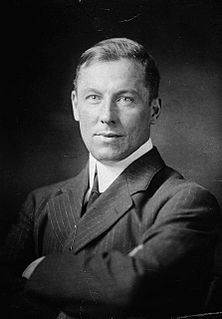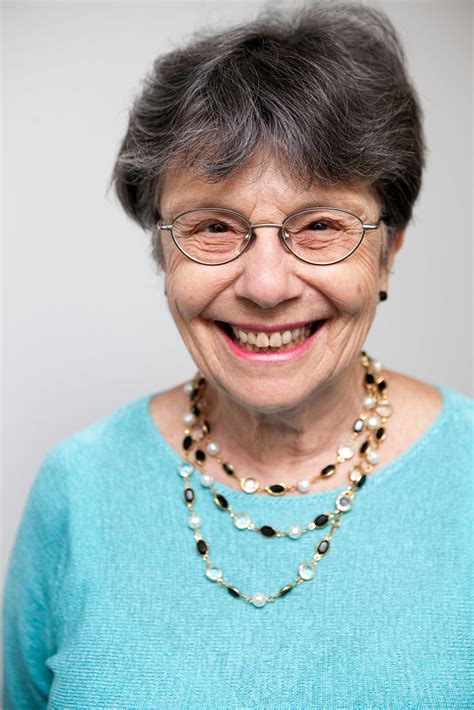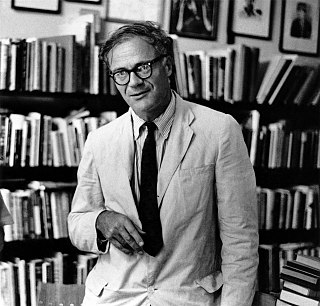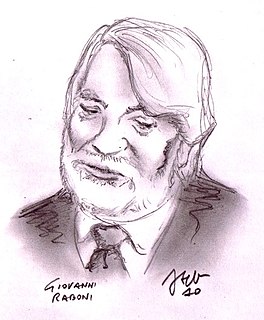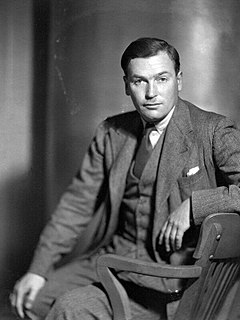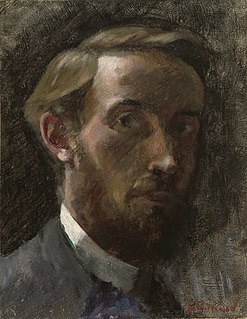A Quote by Dana Gioia
Poetry speaks most effectively and inclusively (whether in free or formal verse) when it recognizes its connection - without apology - to its musical and ritualistic origins.
Related Quotes
Among those today who believe that modern poetry must do without rhyme or metre, there is an assumption that the alternative to free verse is a crash course in villanelles, sestinas and other such fixed forms. But most... are rare in English poetry. Few poets have written a villanelle worth reading, or indeed regret not having done so.
Verse in itself does not constitute poetry. Verse is only an elegant vestment for a beautiful form. Poetry can express itself in prose, but it does so more perfectly under the grace and majesty of verse. It is poetry of soul that inspires noble sentiments and noble actions as well as noble writings.
I know that one of the things that I really did to push myself was to write more formal poems, so I could feel like I was more of a master of language than I had been before. That was challenging and gratifying in so many ways. Then with these new poems, I've gone back to free verse, because it would be easy to paint myself into a corner with form. I saw myself becoming more opaque with the formal poems than I wanted to be. It took me a long time to work back into free verse again. That was a challenge in itself. You're always having to push yourself.
There's a great freedom of forms and intonations in Luigi Fontanella's poetry. He doesn't take a strong formal stand; his poetry entertains moments of nearly proselike colloquial narrative along with moments of powerful lyrical tension. There is a movement of extremes, from powerful tonality to near atonality, and I like this a great deal; it's a stance that very effectively catches the spirit that makes work in poetry possible nowadays.
Harmony of period and melody of style have greater weight than is generally imagined in the judgment we pass upon writing and writers. As a proof of this, let us reflect what texts of scripture, what lines in poetry, or what periods we most remember and quote, either in verse or prose, and we shall find them to be only musical ones.




